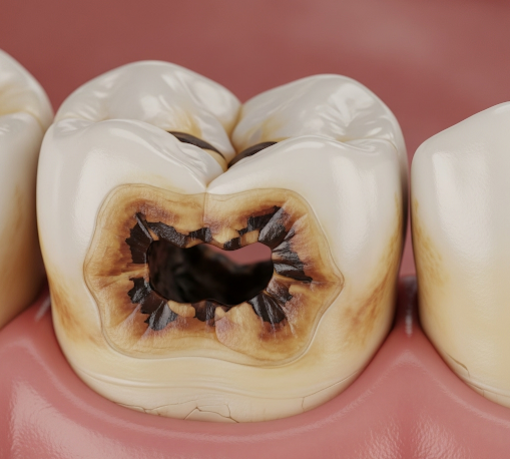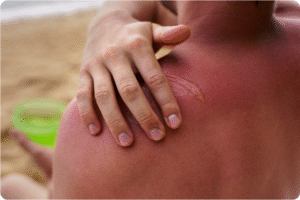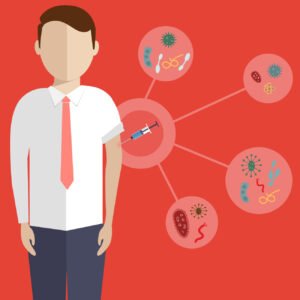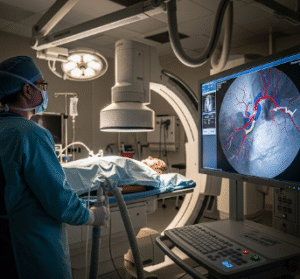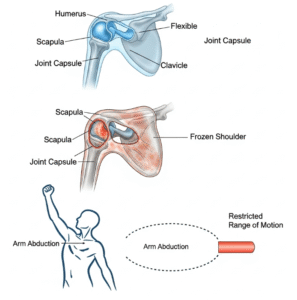Overview
Tooth decay, commonly known as cavities or dental caries, is a prevalent oral health issue resulting from the destruction of tooth enamel and underlying dentin by acid-producing bacteria. If left untreated, cavities can lead to pain, infection, tooth loss, and complications affecting overall health. South Korea provides comprehensive dental care for cavities, including early detection with advanced imaging, minimally invasive restorative treatments, fluoride therapies, and preventive education. Korean dental clinics combine modern technology with skilled practitioners to ensure effective treatment and long-term oral health maintenance.
What is Tooth Decay (Cavities)?
Tooth decay is a progressive condition caused by the demineralization of tooth structures due to acid produced by bacteria metabolizing sugars in the mouth. Cavities can affect any part of the tooth, including the enamel, dentin, and root surfaces. Early decay may be asymptomatic, while advanced stages can cause severe pain, sensitivity, and infection. Tooth decay is influenced by dietary habits, oral hygiene practices, bacterial activity, and individual susceptibility. In Korea, regular dental screenings and public awareness campaigns have improved early detection and treatment outcomes for cavities.
Symptoms
The symptoms of tooth decay vary depending on severity and progression:
- Toothache: Persistent or intermittent pain, especially when chewing or biting
- Sensitivity: Discomfort or sharp pain with hot, cold, or sweet foods
- Visible pits or holes: Small or large cavities on tooth surfaces
- Discoloration: White, brown, or black spots on affected teeth
- Bad breath (halitosis): Resulting from bacterial activity
- Swelling or tenderness in gums: If decay progresses to pulp infection
- Pain radiating to jaw or ear: In advanced cases with pulp or root involvement
Early detection in South Korean dental clinics can prevent progression to painful or complicated infections.
Causes
Tooth decay occurs due to a combination of bacterial activity, dietary factors, and inadequate oral hygiene:
- Bacteria: Streptococcus mutans and Lactobacillus species metabolize sugars, producing acid that erodes enamel
- Diet: Frequent consumption of sugary or acidic foods and beverages promotes bacterial growth
- Poor oral hygiene: Inadequate brushing and flossing allow plaque accumulation
- Dry mouth (xerostomia): Reduced saliva impairs natural cleansing and remineralization
- Genetic susceptibility: Some individuals have enamel defects or higher cavity risk
- Previous dental work: Fillings or crowns that deteriorate over time can create areas for bacterial accumulation
These factors interact over time, leading to progressive demineralization and cavity formation.
Risk Factors
Certain individuals are more prone to developing cavities:
- Children and adolescents with developing teeth
- Older adults with receding gums exposing tooth roots
- Frequent sugar intake or acidic diet
- Inadequate oral hygiene or irregular dental check-ups
- Dry mouth from medications, disease, or radiation therapy
- Existing dental restorations that may trap plaque
- Low fluoride exposure in drinking water or oral products
Understanding these risk factors helps in targeted prevention and early treatment.
Complications
Untreated tooth decay can lead to multiple complications affecting dental and systemic health:
- Tooth abscess: Bacterial infection reaching the pulp and root
- Severe pain and sensitivity: Affecting eating, speaking, and sleep
- Tooth loss: Structural damage or extraction due to advanced decay
- Gum disease: Spread of infection to surrounding periodontal tissues
- Jawbone infection: Osteomyelitis in severe cases
- Systemic infections: Rarely, untreated dental infections can affect heart or other organs
- Impact on quality of life: Difficulty eating, speech problems, and psychological distress
Early diagnosis and treatment in Korea prevent these complications and maintain functional teeth.
Prevention
Preventing tooth decay involves maintaining oral hygiene, dietary management, and regular dental care:
- Brush teeth twice daily with fluoride toothpaste
- Floss regularly to remove plaque between teeth
- Reduce intake of sugary and acidic foods and drinks
- Drink sufficient water to maintain saliva production
- Regular dental check-ups and professional cleaning
- Use fluoride treatments or dental sealants as recommended
- Educate children on proper oral hygiene practices
Korean dental clinics emphasize preventive dentistry and public education to reduce cavity incidence.
Treatment Options in Korea
South Korea offers advanced, patient-centered treatment for cavities, ensuring effective care and restoration of oral health:
Diagnosis:
- Visual and tactile examination by a dentist
- Dental X-rays to detect hidden cavities between teeth or under fillings
- Laser fluorescence or digital imaging for early lesion detection
- Assessment of enamel integrity and risk factors
Medical and Dental Treatments:
- Fillings: Removal of decayed tissue and restoration with composite resin, amalgam, or ceramic
- Root canal therapy: For decay reaching the pulp, to save the tooth
- Crowns: Restorations for extensively damaged teeth
- Fluoride treatment: Topical fluoride to remineralize early lesions
- Sealants: Protective coatings for molars to prevent decay in children and high-risk adults
Rehabilitation and Support:
- Post-treatment oral hygiene instructions to prevent recurrence
- Dietary counseling to reduce sugar and acidic exposure
- Regular follow-up visits for monitoring and maintenance
- Public awareness campaigns on oral health and cavity prevention
Korean dental clinics combine modern technology, minimally invasive procedures, and preventive strategies to manage cavities effectively, restore dental function, and maintain long-term oral health.

